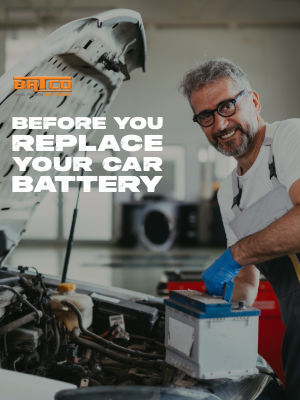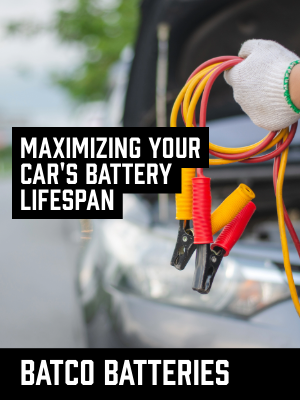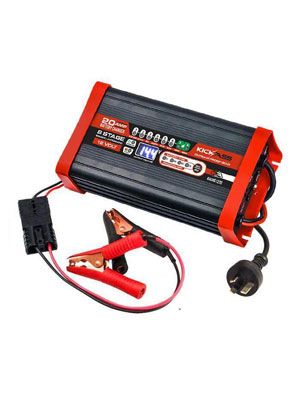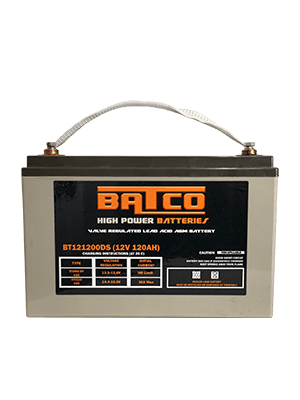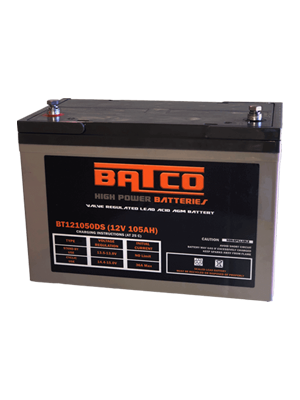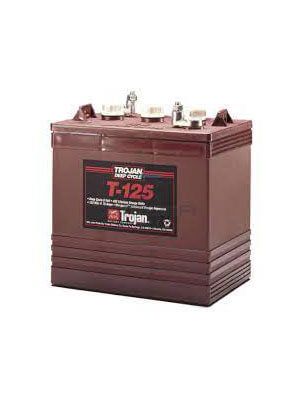Everything you should know before you replace your car battery
Car batteries play a crucial role in starting your engine and powering essential electrical systems. However, they have a finite lifespan, typically ranging from 3 to 5 years (or up to 2 years for older models). To ensure a smooth driving experience, it's essential to know when and how to replace your car battery. Here's a comprehensive guide to help you make an informed decision when the time comes.
